The Last Place You Look: Chapter 43
(Re)Making Love: a serial memoir
Come in the middle? Here’re links to ➡️ Chapter One, Chapter 2, Chapter 3, Chapter 4, Chapter 5, Chapter 6, Chapter 7, Chapter 8, Chapter 9 , Chapter 10, Chapter 11, Chapter 12, Chapter 13, Chapter 14 , Chapter 15 , Chapter 16, Chapter 17, Chapter 18, Chapter 19, Chapter 20, Chapter 21, Chapter 22, Chapter 23, Chapter 24, Chapter 25 , Chapter 26, Chapter 27, Chapter 28, Chapter 29, Chapter 30, Chapter 31, Chapter 32, Chapter 33, Chapter 34, Chapter 35, Chapter 36, Chapter 37, Chapter 38, Chapter 39, Chapter 40, Chapter 41, Chapter 42
The Last Place You Look
Music from a window in Paris, a pianist’s ringing tones, notes cascading on the air like cartoon quarter notes slide down a music staff from the open window: I have walked from 7 Rue des Francs-Bourgeois along Pavée Payenne, stopped for a cappuccino at my favorite Café Sévigné at the corner of Rue du Parc Royal—not on the street of its name—and thought once again that nothing is what it seems. I didn’t turn onto Rue de Thorigny toward the Musée Picasso because it’s closed for renovation, believe it or not.
I was gifted with the music by choosing by chance (the museum closed) R. du Parc Royal: With the sound of D. that was not D.
When I’ve been to Paris before, I did visit the Musée Picasso and loved its orderly chronology of his work that results in the disorderly invention that is his work as if chronology will reveal. But discovery does not come in order.
I recall an Angela Carter short story, the whorl of a shell gone wrong, as if we see it mirrored, no way to know what is what or who is who, “Reflections,” from a book that sits on my shelf in my condo in D.C.
In Paris I’d begun to long for my book-lined condo with the exposed brick, the exposed duct work—air-conditioning and heating tubes that circle my flat.
Carter’s story, my apartment reflect recent memory: When D. left me, as I’ve said long ago here, I got out of town, went as a visiting writer at a distinguished writing department where no one noticed my existence, as if I actually did not exist. This sense of not being known fit as if I were on the other side of a mirror.
I have been lost.
I came to Paris, without transition, over water in a cold land. Once there I put my passport in a drawer and dreamed—hoped?—it might be nowhere to be found—no way to return.
Here’s how I think of my passport: On the front is a picture of my father. My picture lies under his and under my mother’s. Remembering from where I’ve come has helped. My father’s love, my mother’s love, my childhood with them lay inside that passport to my destination.
I’ve boarded a plane whose destination remains unknown. Inside the plane, stuffed chairs in fours, banquets, tables and chairs, the kitchen I lost. I look for a comfortable man, a man I know, a man who would let me lay my head on his shoulder to sleep, but that man is nowhere to be found.
A fantasy. A wish. As if I am in a strange tale of my own making.
While my daughter Sarah was pregnant with Lila, I dreamt that she was born and at barely a month she speaks, words and sentences that we can understand. She runs and I assure Sarah that a baby will not run more than a hundred feet from its mother. The baby knows not to let the parent out of sight. I think now that I dreamt this because I have known that letting go is first.
We are born when let go.
I let D. go when I had no choice. And now that I do have choice, I have let him be gone. I am comforted that the music of his piano will drift from strangers’ windows.
I have sat cold in Place des Voges to consider.
I have walked Marais to discover Le Marché des Enfants Rouges at 39 rue de Bretagne where I ate sardines and eel, drank green tea and returned to my apartment to sleep.
At 6:30 in the morning my cell phone rings and it is D. He is outside my apartment building’s door. I give him the code to get in that door. My apartment looks out on a courtyard that he must pass. I stand in my filmy white cotton robe, white hair loose and mussed before the window that looks out on the courtyard and speak to him. He stands suitcase in hand.
I say, “There is no room for you.”
“May I come up?” he says.
“It’s a lot of stairs.”
“I’m good at stairs.” He is standing below the window here in a doorway talking on his cell phone to mine.
We look at one another.
You may ask, How does he know where I am? Before I left, he suggested I give him my address in case of emergency. Seemed wise.
An emergency? No. We have lived through that.
He has brought gifts: rom-coms: French Kiss, Charade, Something’s Gotta Give. He says he will go to a hotel posthaste. He has packed lightly.
I let him stay.
My bed is a double bed and he is tired. We lie down and sleep. We do not make love.
When we awake, we go to Café Sévigné for omelets, croissants and cappuccino. He tells me he has never left me. I beg to differ. He tells me he was lost, that the time he’s been away was a time to find, to search, to understand. He tells me he thought he would find a life that was separate from me but what he found instead was a life that was his and that did not fit anywhere without me.
We walk the day into an evening winter. Near midnight, smokers: couples, singles, the street made safe by a habit that is banned indoors. The light of the match, a young man smiling at his girlfriend as she tries again and again to get her smoke and the flame breathing as she breathes in.
What he will tell me and what I tell him is to be revealed, for time is needed to discover, but in Paris I learned this:
In what I imagine is their reflected light, I hear D.’s words and in the dark see on his chest a small box. It is a box that I have seen before but that box was locked. I used to think that some day I would find the key, for the key was lost. Now the box is open. Inside the box, his heart beats: open heart, open heart.
I have not had the key.
He has come to Paris by the route T.S. Eliot describes:
To arrive where you are, to get from where you are not,
You must go by a way wherein there is no ecstasy.
In order to arrive at what you do not know
You must go by a way which is the way of ignorance.
In order to possess what you do not possess
You must go by the way of dispossession.
In order to arrive where you are not
You must go through the way in which you are not.
And what you do not know is the only thing you know
And what you own is what you do not own
And where you are is where you are not.
I have come to Paris this way.
We have met.
Where we’ve arrived is not on any map.
I now know the answer to this question: Where do you find what you have lost?
Grateful acknowledgment is made to the following for permission to reprint previously published material in chapter 43: T.S. Eliot: Excerpt from "East Coker" in Four Quartets, copyright 1940 by T.S. Eliot and renewed 1968 by Esme Valerie Eliot, reprinted by permission of Houghton Mifflin Harcourt Publishing Company.
Coming next: “What Happens in Paris” Table of Contents
Love,

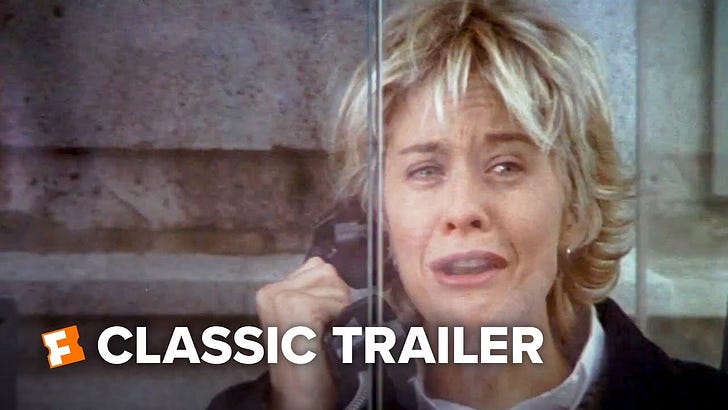


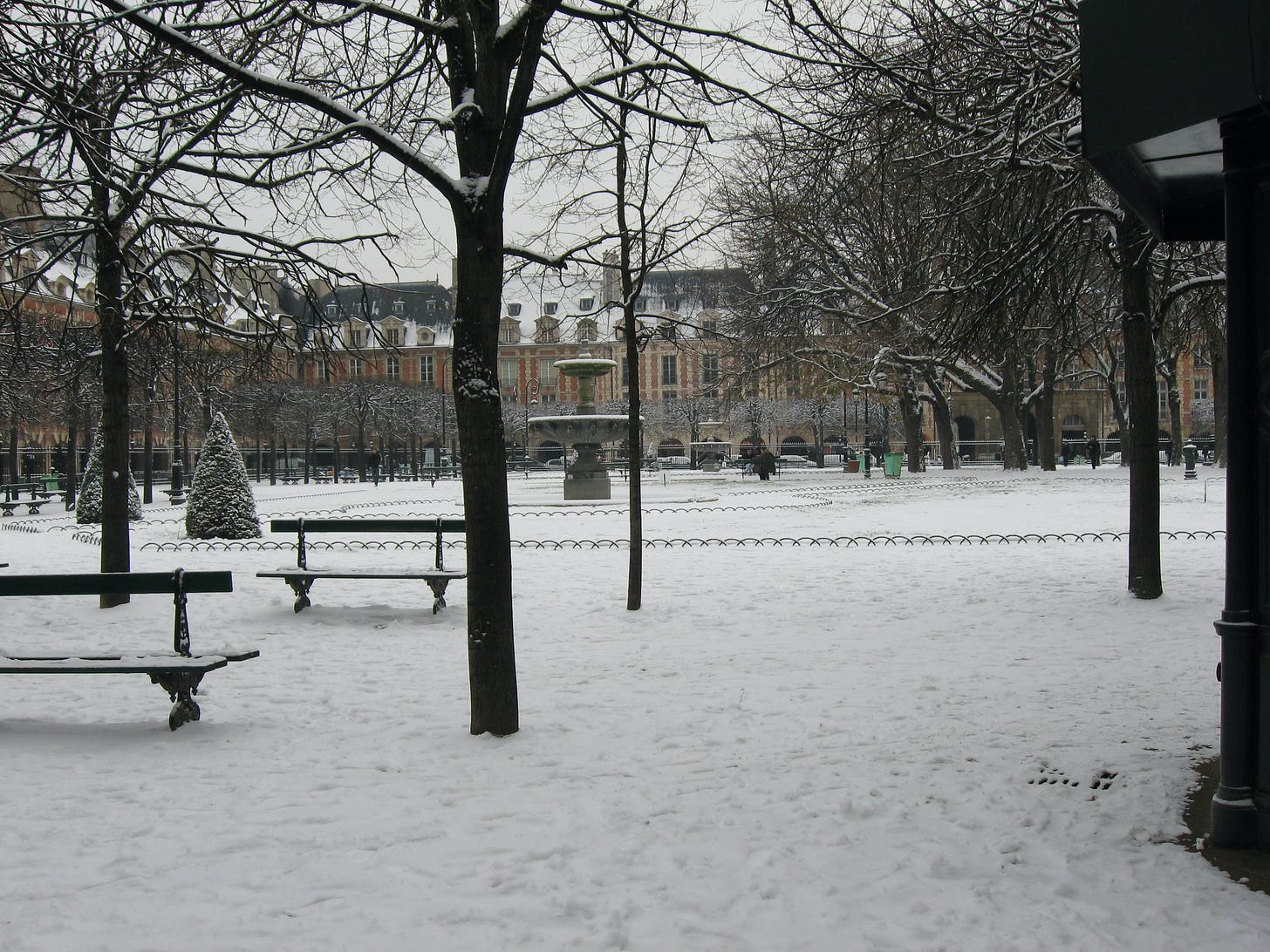
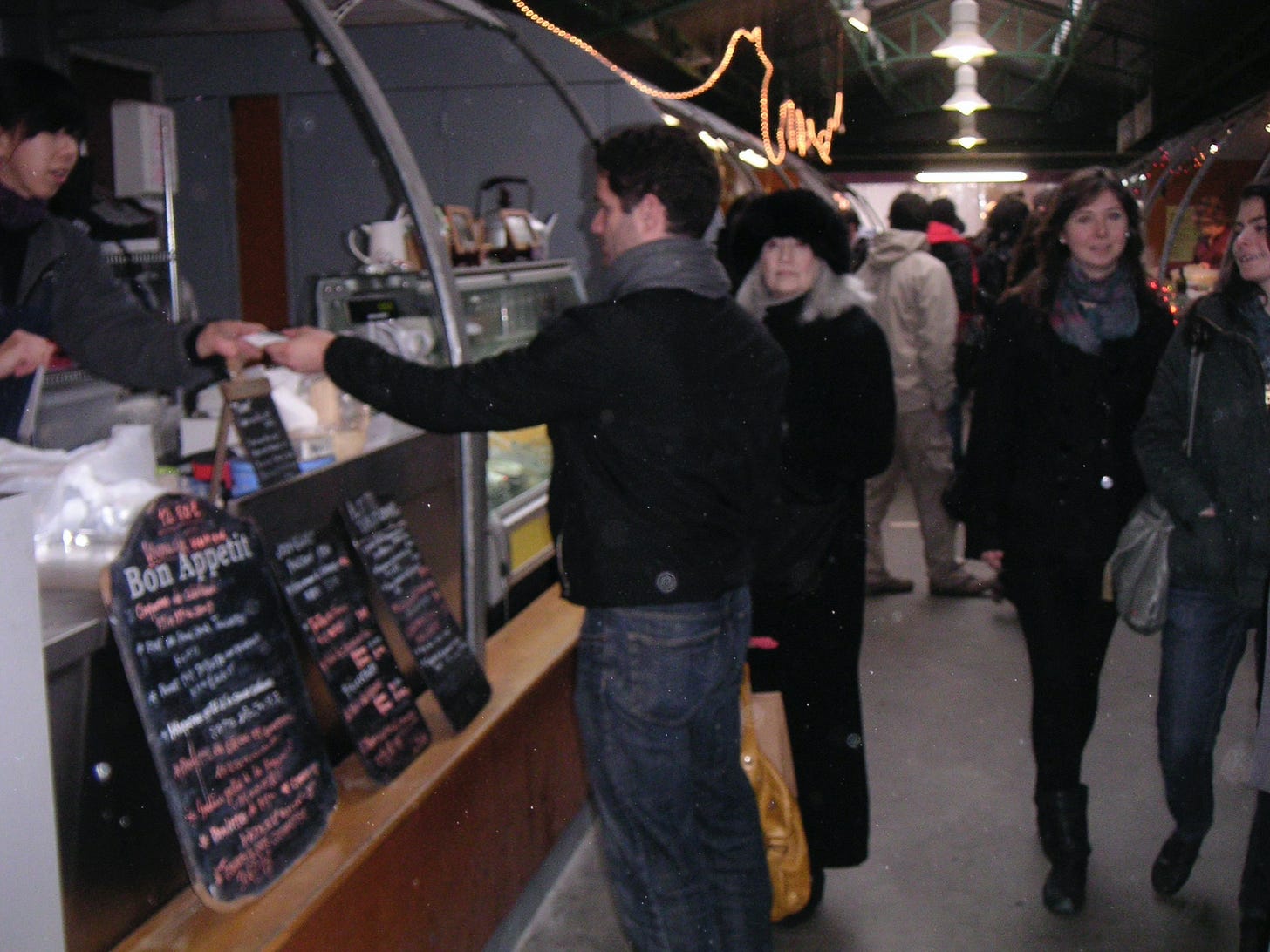
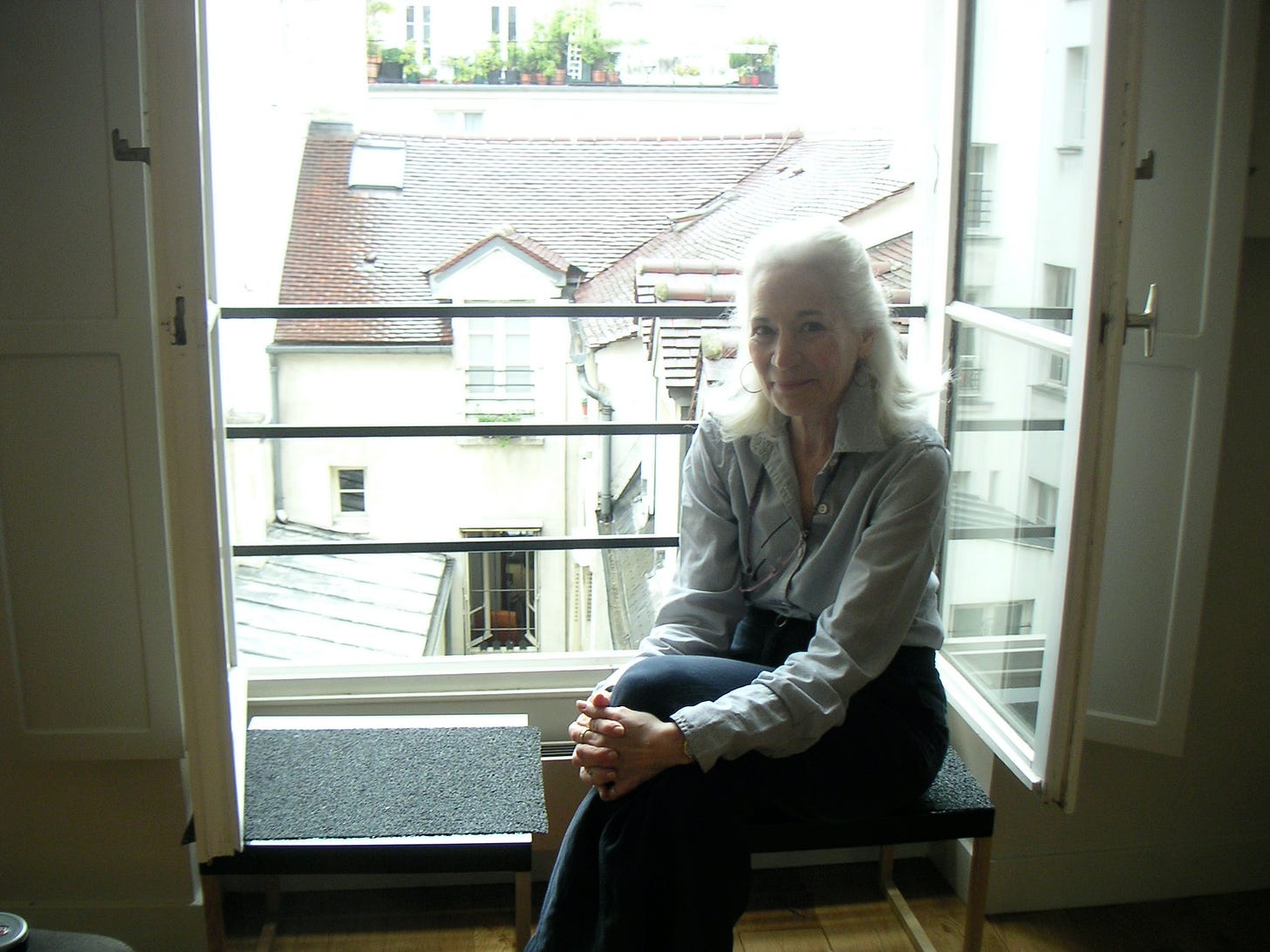
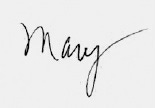
Beautiful, Mary. The passport, the solitary journey, the things lost or left behind—they all resonate powerfully with me. I've always loved that passage from Eliot, and you use it to such a telling effect.
Oh my. This is fabulous Mary. I want to read it a few times to detect all the layers. But life as passport, and the hidden self behind all the history, revealed when it’s finally lost.
Or more elegantly stated by you, I think this sentence is a perfect summary of your entire memoir: (and I too loved this about Musée Picasso!)
“When I’ve been to Paris before, I did visit the Musée Picasso and loved its orderly chronology of his work that results in the disorderly invention that is his work as if chronology will reveal. But discovery does not come in order.”